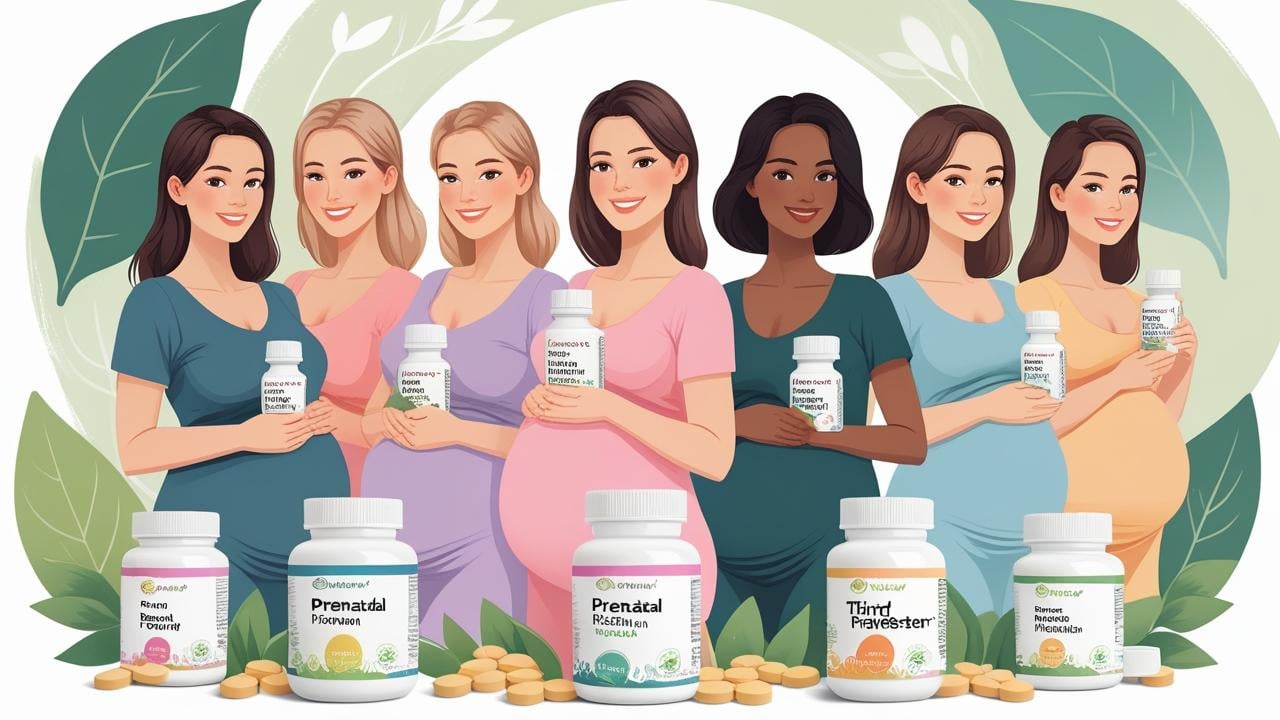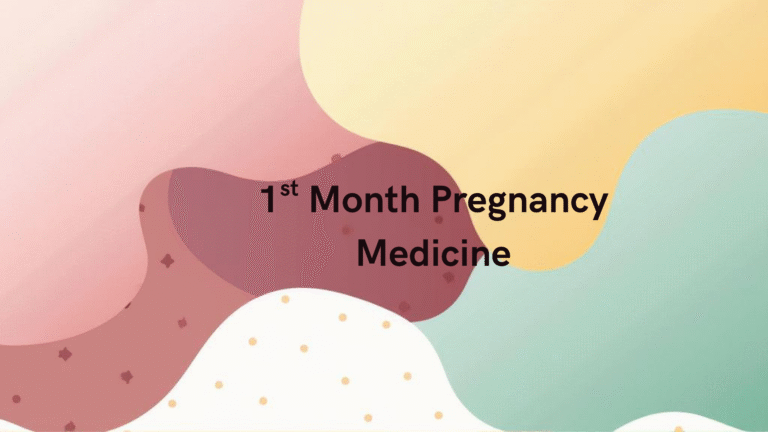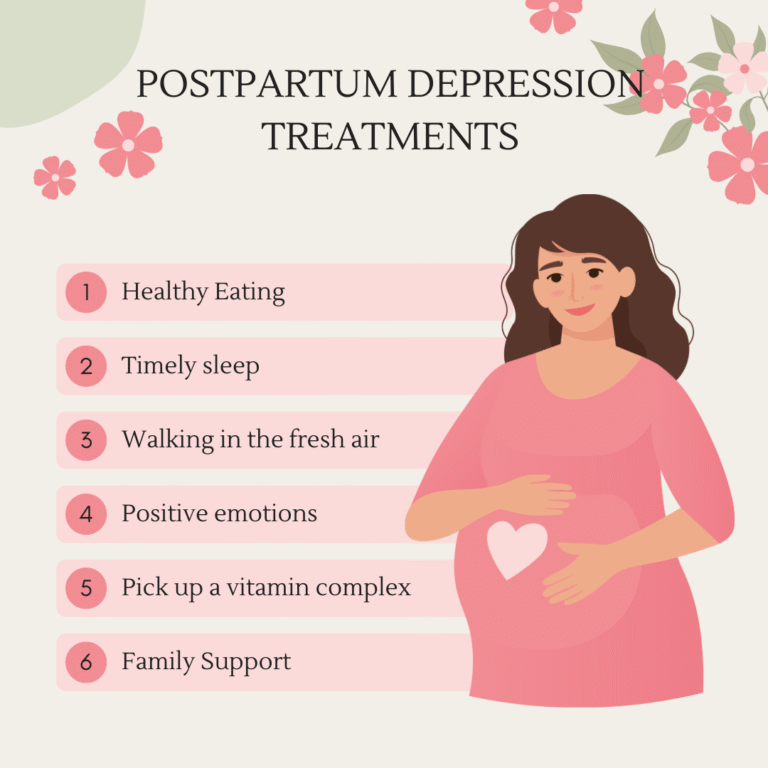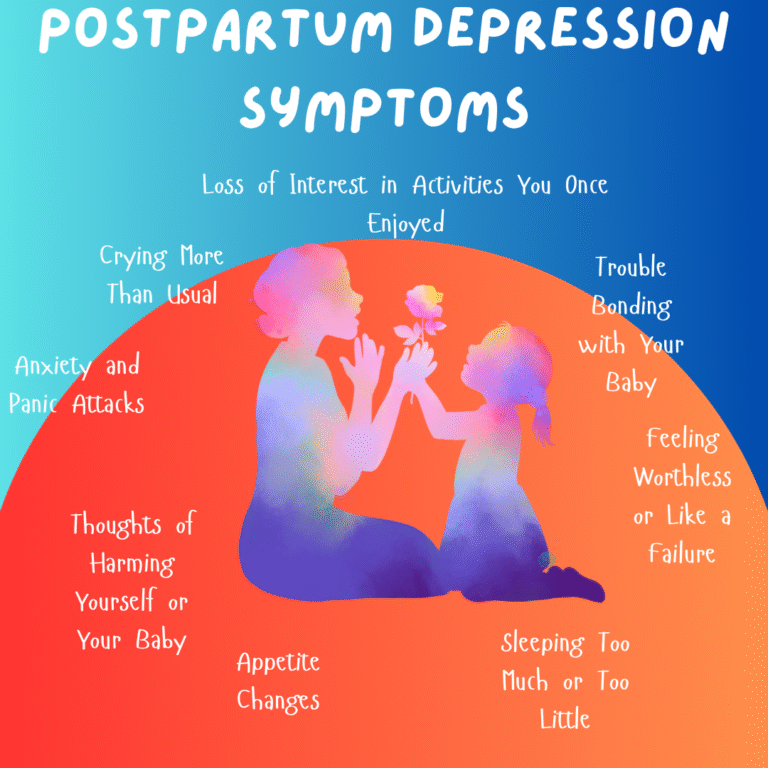
Prental Vitamins
Prenatal Vitamins – Whether you’re planning a pregnancy, are newly pregnant, or already in your second or third trimester, prenatal vitamins are one of the most important decisions you can make for your health—and your baby’s. These supplements fill the nutritional gaps that diet alone might not cover, ensuring both you and your baby get the essential nutrients needed for a healthy pregnancy.
In fact, many gynecologists recommend starting prenatal vitamins even before conception. That’s because some nutrients, like folic acid, are most effective during the early weeks—often before a woman even realizes she’s pregnant.
What Are Prenatal Vitamins?
Prenatal vitamins are specially formulated multivitamins tailored to the unique needs of pregnant women. Unlike regular daily supplements, these contain higher doses of certain nutrients crucial for fetal development, such as:
- Folic Acid – Helps prevent neural tube defects
- Iron – Supports increased blood volume and prevents anemia
- Calcium – Builds strong bones and teeth in the baby
- Vitamin D – Assists in calcium absorption
- DHA – Supports brain and eye development
- Iodine – Promotes healthy thyroid function and brain development
In addition, many prenatal vitamins also include zinc, vitamin C, B-complex vitamins, and magnesium for overall well-being.
Key Benefits of Taking Prenatal Vitamins
1. Supports Baby’s Brain and Spine Development
One of the earliest developmental needs of a fetus is the closure of the neural tube, which becomes the brain and spine. Adequate folic acid intake—400 to 800 micrograms daily—significantly reduces the risk of serious birth defects such as spina bifida.
2. Prevents Maternal Deficiencies
As the baby grows, your body redirects nutrients toward the fetus. Without supplementation, you might become deficient in vital nutrients, leading to fatigue, weakened immunity, or even long-term complications.
3. Reduces Risk of Anemia
Iron-deficiency anemia is common during pregnancy. Since iron requirements increase drastically, prenatal vitamins that contain iron can help maintain healthy blood levels.
4. Promotes Healthy Birth Weight
Studies show that consistent use of prenatal vitamins correlates with a healthier birth weight. Babies with optimal weight are generally less prone to complications.
When Should You Start Taking Prenatal Vitamins?
Ideally, you should begin taking prenatal vitamins at least 1 month before conception. This early start ensures your body has enough folate and iron even before the baby starts developing.
If you’re already pregnant, don’t worry—it’s never too late. Start taking them as soon as you find out. And if you’re breastfeeding, your doctor may advise continuing with these supplements postpartum.
Choosing the Right Prenatal Vitamin
Not all prenatal vitamins are created equal. When selecting one, look for these key nutrients:
| Nutrient | Recommended Amount | Function |
|---|---|---|
| Folic Acid | 400–800 mcg | Neural tube development |
| Iron | 27 mg | Red blood cell production |
| Calcium | 1,000 mg | Bone development |
| Vitamin D | 600 IU | Calcium absorption |
| DHA | 200–300 mg | Brain and eye development |
| Iodine | 150 mcg | Brain development |
Additional Tips for Choosing:
- Read the label carefully to avoid excessive dosages
- Look for third-party testing (NSF, USP)
- Consult your doctor for personalized advice
- Avoid high doses of Vitamin A (can be harmful in pregnancy)
Natural Food Sources vs. Supplements
Even though it’s best to get nutrients from food, pregnancy increases your nutritional needs so much that even a healthy diet may fall short.
Here are some natural sources of key nutrients:
- Folic Acid: Leafy greens, citrus fruits, beans, fortified cereals
- Iron: Red meat, spinach, legumes, tofu
- Calcium: Milk, cheese, almonds, sesame seeds
- Vitamin D: Fatty fish, fortified milk, sunshine
- DHA: Salmon, anchovies, fish oil
- Iodine: Iodized salt, seaweed, dairy products
Supplements ensure you consistently hit your daily targets, especially on days when your appetite may be affected by nausea or food aversions.
Common Side Effects and How to Manage Them
Prenatal vitamins are generally safe, but some women experience:
- Nausea: Take vitamins with food or before bed
- Constipation: Increase water intake and fiber-rich foods
- Dark stools: Normal due to iron—nothing to worry about
- Mild cramping: Try switching brands if discomfort persists
If any side effect becomes severe, consult your doctor. They may suggest an alternative formulation or liquid form.
When to Contact a Doctor for Prenatal Vitamins
Even though prenatal vitamins are available over the counter, it’s wise to discuss them with your OB-GYN. Especially:
- If you have a history of birth defects
- If you’re carrying multiples
- If you follow a restricted diet (vegan, gluten-free, etc.)
- If you have conditions like anemia or thyroid disorders
Your doctor may recommend higher or lower doses of certain nutrients, or prescribe specialized vitamins.
Are Gummies as Effective as Pills?
Many women find gummy prenatal vitamins easier to swallow and more pleasant in taste. However, gummies often lack iron, and may contain added sugars.
If choosing gummies, make sure to:
- Check the nutrient list for essential vitamins
- Supplement iron separately if not included
- Avoid excessive sugar and artificial flavors
Real Moms Share Their Experience
“Taking prenatal vitamins helped me feel more energetic in my first trimester.
I had a tough time with nausea, and switching to a gummy form helped a lot.” – Ritu, mom of 1
“At first I didn’t realize how important folic acid was until my doctor explained it. I started a month before getting pregnant and felt more prepared.” – Neha, expecting mom
Internal Resources for Expecting Moms
Explore more tools and information designed just for you:
- ✅ Take a Pregnancy Test – Know if you’re expecting.
- ✅ Weekly Pregnancy Advice – Stay prepared for every stage.
- ✅ Use Our Pregnancy Calculator – Find your due date in seconds.
- ✅ Check Out Pregnancy Symptoms – Understand what your body is telling you.
Prenatal vitamins are not just supplements—they’re a commitment to a healthy pregnancy journey. By making sure you’re nourished from the very beginning, you’re giving your baby the best possible start in life.
So whether you’re planning, newly pregnant, or well into your third trimester, take your prenatal vitamins seriously. Choose wisely, stay informed, and always consult your healthcare provider for personalized guidance.
👶💗 Because every life starts with a healthy beginning.


